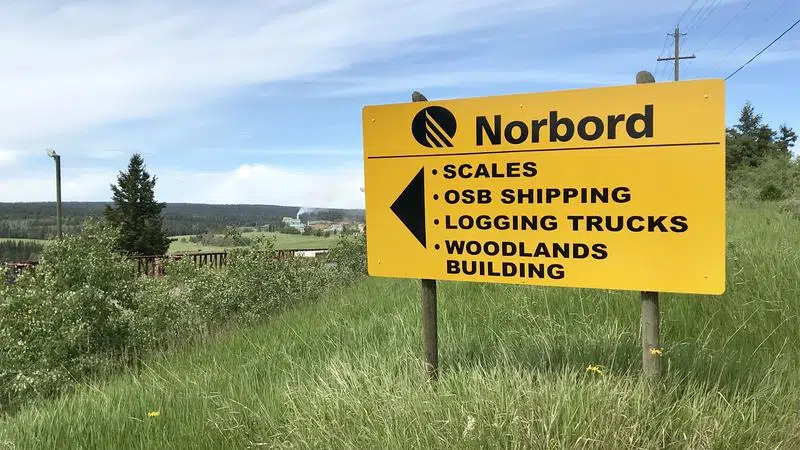
SOUND OFF: Fighting for B.C.’s mill workers and communities
WHEN I WAS TWO YEARS OLD, my sister and I were sent to India to live with family because my dad lost his job at the local mill and my parents couldn’t afford daycare. It was a difficult time for my family because we, as children, were separated from our parents for four years.
This very personal experience has given me a genuine understanding of the stress families are facing throughout the Interior. And frankly, it infuriates me that the previous government asked industry experts to write a detailed report on the scope of the problems facing the Interior forest industry in 2015 and then stuck it on a shelf and took no action to prepare for the inevitable impacts.
Indeed, if government of the day had ensured that the forest industry invested in new products and technologies that would have eased the transition to a lower fibre supply when lumber prices were at an all-time high, things would have been much easier. But they didn’t and now we are forced to address these challenges as prices and timber supply declines.
We are working hard to ensure that workers and communities are not left to fend for themselves as this long-predicted rationalization occurs. We are all hands on deck across all involved ministries on this file.


